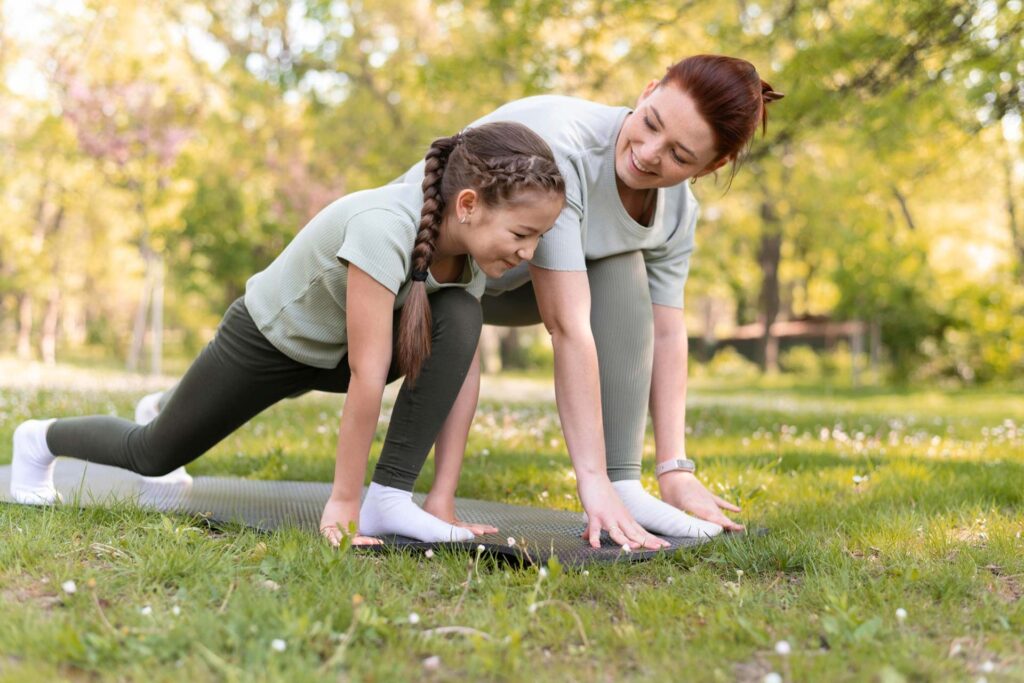
Promoting Physical Activity And Exercise In Young Children: Benefits And Tips
Introduction:
Physical activity is essential for the healthy growth and development of young children. Engaging in regular exercise not only strengthens their bodies but also supports their cognitive, emotional, and social development. In this guide, we’ll explore the numerous benefits of physical activity for young children and provide practical tips for parents to promote active lifestyles from an early age.
1. Understanding the Benefits of Physical Activity:
Physical activity offers a myriad of benefits for young children, including improved motor skills, coordination, and balance. This section delves into the positive effects of exercise on physical health, such as building strong bones and muscles, maintaining a healthy weight, and reducing the risk of chronic diseases later in life. Additionally, it highlights the cognitive benefits of physical activity, such as enhanced concentration, memory, and problem-solving skills.
2. Encouraging Active Play:
Active play is an integral part of childhood and provides children with opportunities to move, explore, and learn through physical movement. This section discusses the importance of unstructured play in promoting physical activity and creativity. It offers suggestions for creating an environment that encourages active play, such as providing access to safe outdoor spaces, age-appropriate toys, and equipment that promote movement and exploration.
3. Incorporating Exercise into Daily Routines:
Incorporating exercise into daily routines helps children develop healthy habits that last a lifetime. This section provides practical tips for integrating physical activity into everyday activities, such as walking or biking to school, taking active breaks during sedentary activities, and participating in household chores and gardening. It emphasizes the importance of making physical activity fun and enjoyable for children to encourage long-term participation.
4. Exploring a Variety of Activities:
Variety is key to keeping young children engaged and motivated to be physically active. This section suggests a range of activities that children can enjoy, including active games, sports, dance, yoga, and martial arts. It encourages parents to expose their children to different types of activities and allow them to explore their interests and preferences. Additionally, it emphasizes the importance of providing opportunities for both structured and unstructured physical play.
5. Being a Positive Role Model:
Parents play a crucial role in shaping their children’s attitudes and behaviors towards physical activity. This section underscores the importance of being positive role models for children by prioritizing regular exercise in their own lives. It encourages parents to participate in physical activities with their children, such as going for family walks or bike rides, playing active games together, and demonstrating a love for movement and fitness.
Conclusion:
Promoting physical activity and exercise in young children is essential for supporting their overall health and well-being. By understanding the benefits of physical activity, encouraging active play, incorporating exercise into daily routines, exploring a variety of activities, and being positive role models, parents can instill lifelong habits of health and fitness in their children. With patience, creativity, and enthusiasm, parents can help their children thrive physically, emotionally, and socially through regular exercise and active play.
